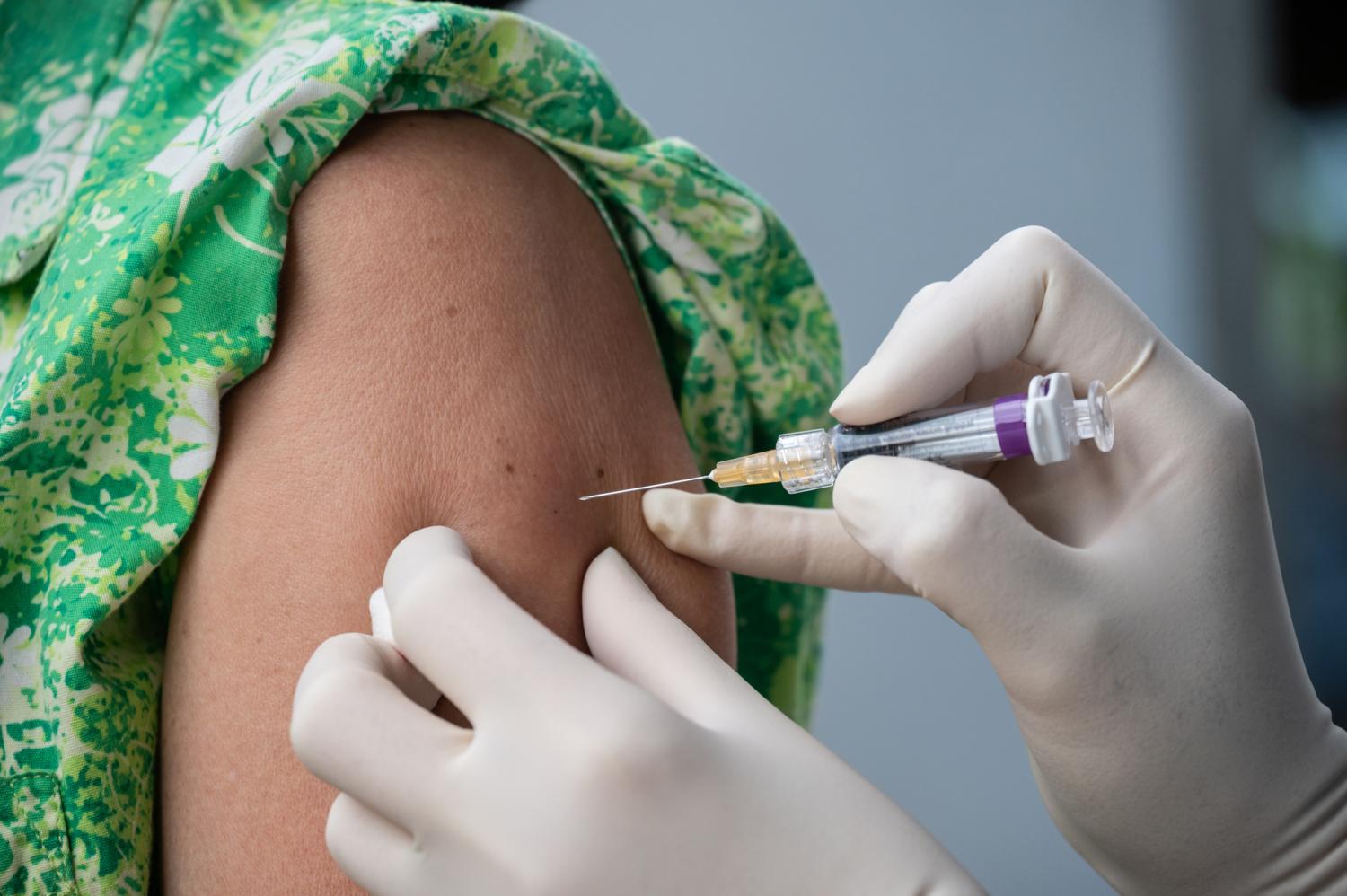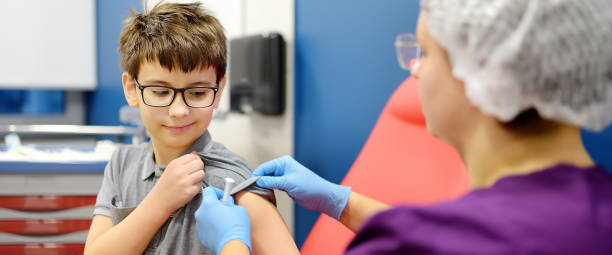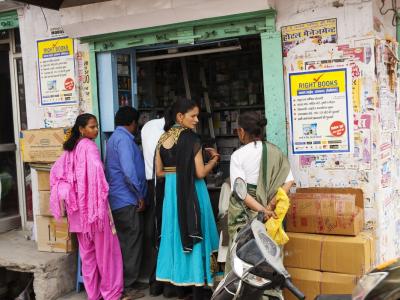Health officials in three more states—Illinois, Arizona, and Virginia—announced steps to ease access to updated COVID-19 vaccines in light of barriers and confusion linked to recent federal policy changes and recommendations.

Illinois Governor JB Pritzker today signed an executive order to protect vaccine access during the upcoming respiratory virus season. It allows providers in pharmacies and clinical settings to administer COVID and other vaccines recommended by Illinois Department of Public Health (IDPH) in consultation with its Immunization Advisory Committee.
IDPH Director Sameer Vohra, MD, JD, said in a news release, "With confusing and conflicting guidelines from the federal government, the Executive Order ensures Illinois residents have the credible, transparent, and science-based guidance they need."
Protecting 'health care freedom'
And yesterday Arizona Governor Katie Hobbs announced that she has signed an executive order that directs the health department and board of pharmacy to make vaccines, including the updated COVID vaccines, broadly accessible and available to state residents who want them. The step also allows the Arizona Department of Health Services to issue a standing order that allows pharmacists and healthcare providers to administer vaccines without a prescription in accordance with nationally recognized clinical guidance.
"We are taking action to protect the health care freedom of Arizonans," Hobbs said. "With this Executive Order, we are following the science and ensuring that Arizonans have access to vaccines to keep themselves and their families."
Also, the Virginia Department of Health yesterday announced that State Health Commissioner Karen Shelton, MD, has signed a new statewide standing order that allows pharmacists to administer the updated COVID vaccines without a prescription to people ages 65 and older and those ages 18 to 64 years old who have at least one underlying medical condition.
"We realize this has been top of mind for many Virginians in the past several days," she said, "and we are resolved to increase access to the updated formulation of the COVID-19 vaccine to all eligible Virginians."
Other states have taken other similar recent actions, including Pennsylvania, Colorado, Massachusetts, Minnesota, New York, and New Jersey.

.jpg)









